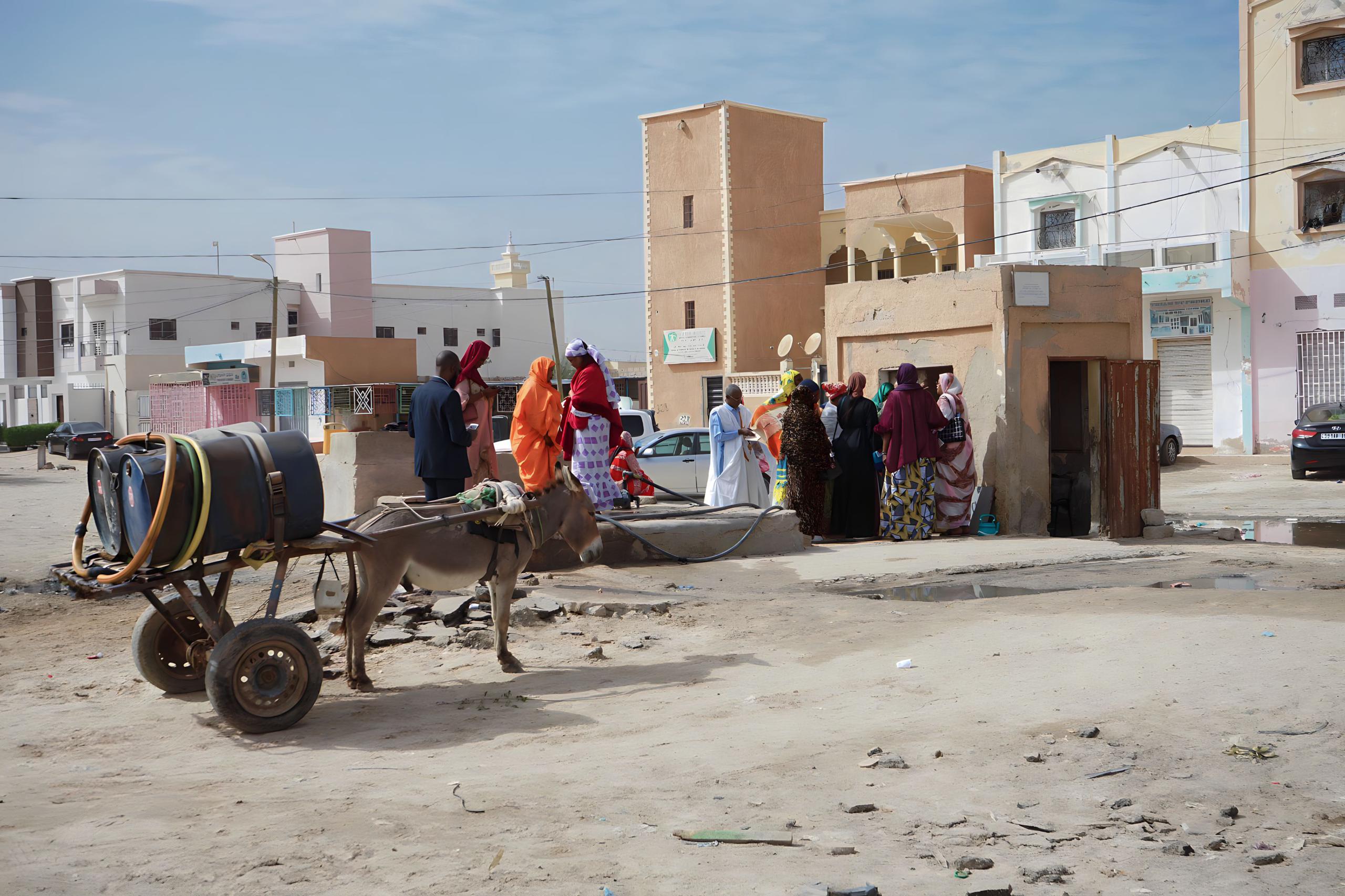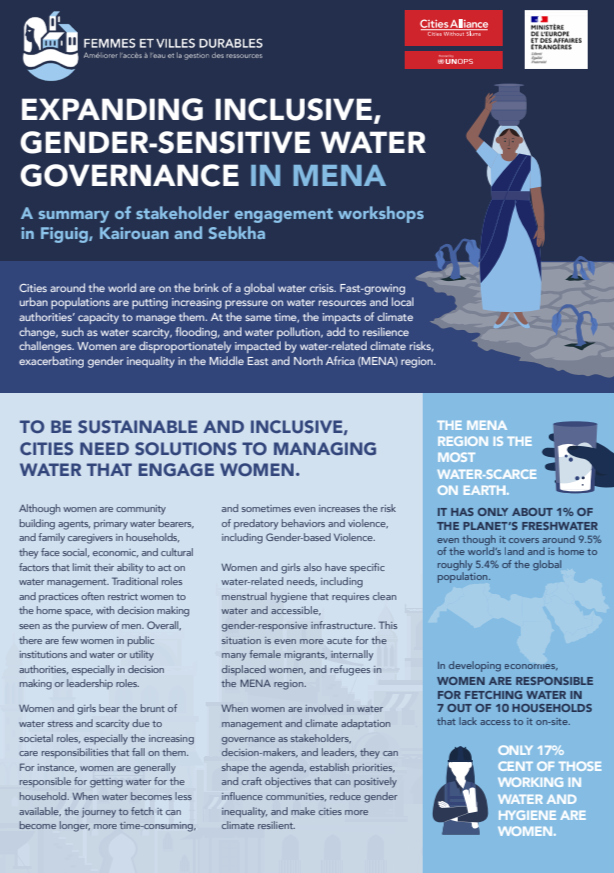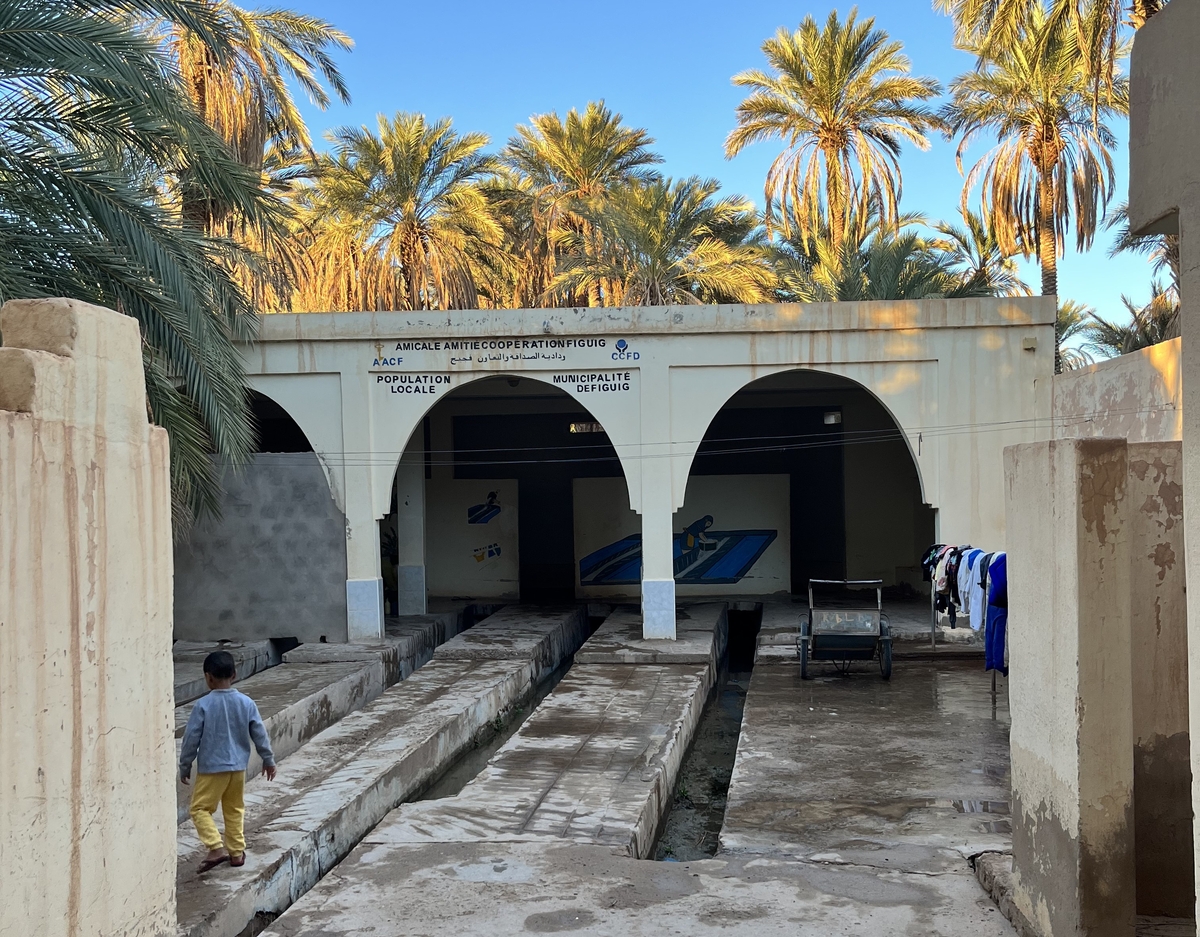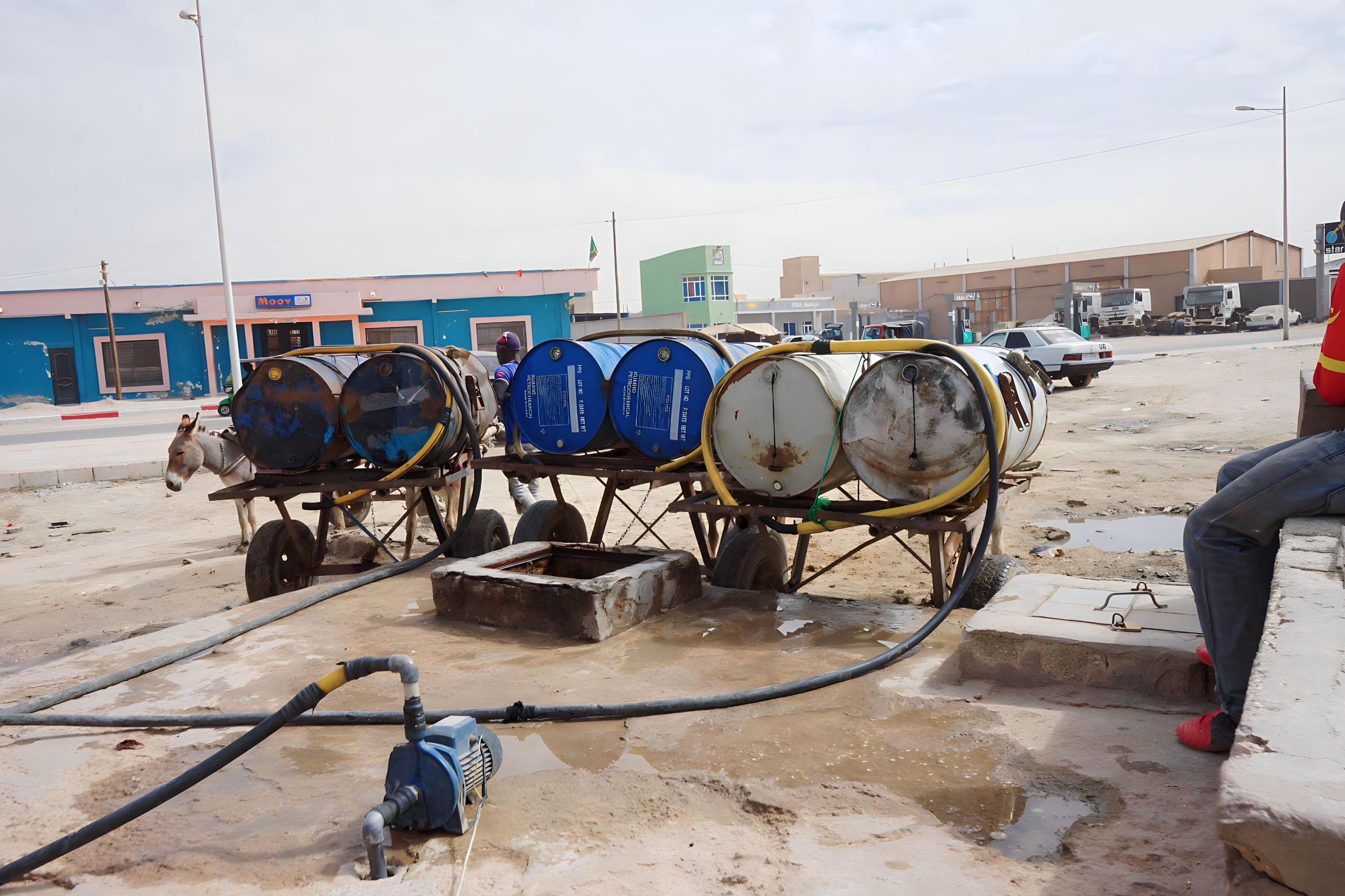- Who We Are
- How We Work
- Regional / Country Initiatives
- Legacy
- Core Themes
- Working Groups
- Portfolio & Results
- Newsroom
- Resources
MENA : Stakeholder Advancing Water Governance

Women and Sustainable Cities: Stakeholder workshops in Figuig, Kairouan and Sebkha shed light on innovative strategies and solutions to foster resilient and sustainable urban environments.

Download English
The Cities Alliance Women and Sustainable Cities initiative, referred to as Femmes et Villes Durables in French, has successfully completed a comprehensive series of stakeholder workshops spanning the vibrant locales of Figuig in Morocco, Kairouan in Tunisia, and Sebkha in Mauritania. This dynamic initiative has proven to be a catalyst for positive change, bringing together diverse stakeholders from local communities, governmental bodies, non-governmental organizations, and academia.
The workshops served as a pivotal platform for fostering engaging discussions and collaborative efforts aimed at addressing multifaceted challenges associated with sustainable urban development. Emphasizing the crucial intersection of gender empowerment and water management, these sessions delved into innovative solutions and strategies to enhance the resilience and inclusivity of urban environments. By facilitating a space for cross-sectoral dialogue, the initiative not only highlighted the unique challenges faced by each city but also identified common ground and shared aspirations, laying the foundation for future initiatives that prioritize the well-being of both women and the broader community in the pursuit of sustainable cities.
The workshops yielded key findings on five critical topics:
- Access to water and impacts of climate change
- Empowering women to participate in decision-making
- Rethinking innovative water management and actor coordination
- Advancing water as an integral element of public spaces
- Reviving traditional water conservation techniques and heritage
The women of Sebkha are thirsty. They are responsible for this source of life. Their contribution is important. This project comes at the right time.
Female civil society representative in Sebkha, Mauritania
Even in the early stages of implementation, the project has already made significant impacts:
- Civil society in the targeted cities is acquiring skills in using participatory mechanisms such as surveys, data collection tools, and workshops to facilitate discussions.
- Women and local stakeholders are actively participating in discussions on water issues, empowered to share their needs, and becoming more involved in water management.
- Workshop discussions underscore the cross-cutting nature of water management and governance.
- Communities are obtaining data on water and women’s needs, providing leverage for action from local governments.
- Women now have a forum to discuss creating more gender-friendly public spaces in an environment of water scarcity.
For more detailed information, refer to this brochure available in English and French.


